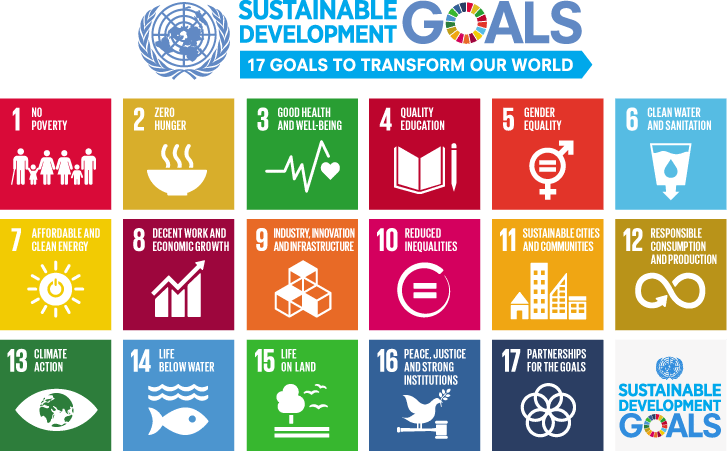In this video, you heard from Dilek Fraisl at IIASA about Sustainable Development Goals and Citizen Science.

How can citizen science have an impact on some of the world’s most pressing issues?
Well, have you ever heard of the United Nations’ Sustainable Development Goals (or SDGs)?
In 2015, the United Nations General Assembly came up with a collection of goals to end poverty, protect the planet and ensure the well-being of humanity to reach by the year 2030. This includes a diverse collection of 17 goals with 169 targets that can be measured through 232 indicators.
In the video above, you heard from Dilek at IIASA who talked about how citizen science can make an impact on achieving and helping monitor the Sustainable Development Goals (SDGs). She took us through some of the barriers that we face in addressing the SDGs and how citizen science can tackle these pressing challenges. You can read more information about how citizen science is contributing to the SDGs here.
You also heard about the eBird project, which gathers around 7.5 million bird observations every month, and more than 100 million bird sightings every year! Projects like eBird help to monitor biodiversity and can aid in providing statistics for the Climate Action SDG.
At a more local level, citizen observatories can lead to municipal action to address a community issue. For example, a group of residents on London’s Pepys Estate in Deptford took action after suffering noise pollution from a local scrapyard. By using noise meters and other sensors to assess noise pollution and air quality throughout the day and night over two months, they were able to persuade the Environment Agency to revoke the scrapyard’s licence. Here you can read more about Mapping for Change initiatives in local communities.